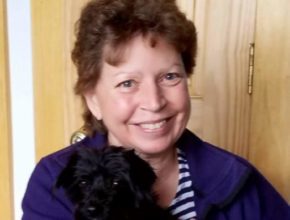Many years ago, I was taking a class in Sign Language. My teacher was fantastic. One day he demonstrated how the word “run” could be signed in many different ways. He signed a made-up story using the meaning of “run” as a word or in a phrase in the proper context. So, even though the word “run” was in a sentence, the sign for “run” was only used when it meant to physically run, as in a race. For example, “run for office,”“run amok,” and “a run in one’s hose,” are just a few examples of them in the story that he signed.
This reminded me of a student I worked with who was hearing impaired. She wore hearing aids, but she was from China and English was her second language. I was there to make sure she understood what was being said by the teacher. But that was not much of a problem because she sat directly in front of the teacher and she was smart as a whip.
The problem for her was the fact that she didn’t know all of the different definitions one word could have. She would ask me, “Doesn’t (word) mean (definition of said word)?” To which I would reply, “Yes, but it also means (definition), and (definition) and (definition). At this point, she would throw up her hands and say, “Aaack, English!”
There are so many instances of how language, throughout time, has acquired new context when originally there may have only been one way of saying something. Slang is so much a part of American English that the original meaning of a word may not even be common knowledge. And slang changes constantly. This happens in each generation and the slang used at a certain time may not even be understood by any other generation but its own.
I think that all of these things contribute to the fact that the English language is a passion for me. Putting a sentence together is pure pleasure when I am writing a letter, an email a text or this blog. Choosing just the “right” word in a sentence can mean everything in communicating the message you are sending to that specific person or audience. The need to communicate begins at birth. The way in which we communicate defines who we are and what we choose to express to the rest of the world.
